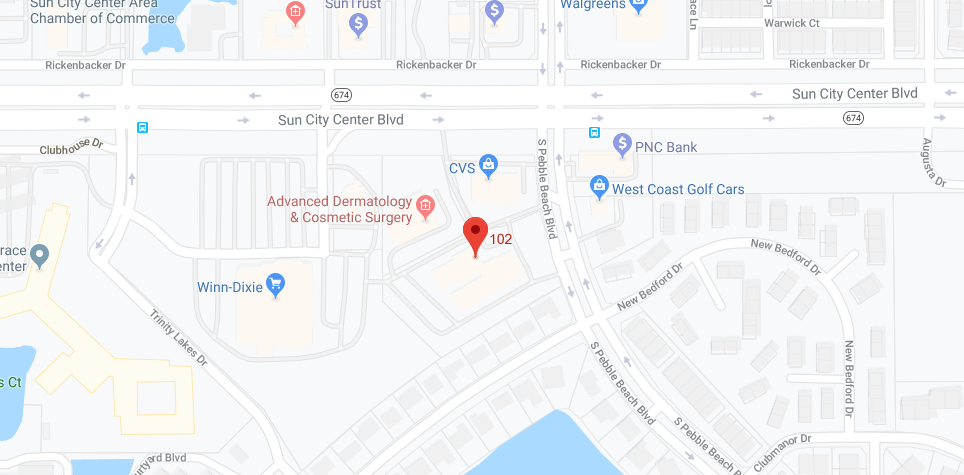Estate Planning
 Do you need a Will or a Trust? What about a Power of Attorney, Health Care Directive or Living Will? The answers to these questions depend on your individual desires and circumstance. I am happy to sit down with you to discuss your goals and help you develop an individualized and comprehensive estate plan tailored to meet your needs.
Do you need a Will or a Trust? What about a Power of Attorney, Health Care Directive or Living Will? The answers to these questions depend on your individual desires and circumstance. I am happy to sit down with you to discuss your goals and help you develop an individualized and comprehensive estate plan tailored to meet your needs.
What is Estate Planning?
Estate planning is the act of preparing for the transfer of a person’s property after death. A properly prepared estate plan can ensure your wishes are honored, reduce or remove the uncertainty of dividing property and provide for the care of loved ones in your absence. Some common estate planning tools include:
Will: A Will is a written instrument that memorializes a person’s wishes regarding where his or her assets should go after death. The Will also names the person or persons who will be in charge of the estate’s administration (known as a Personal Representative). To be effective, a Will must be admitted to probate (see our section on Probate). To be a valid testamentary instrument in Florida, the person making the will must have capacity to execute a testamentary instrument, the Will must not have been revoked, must not be the product of fraud or undue influence and must be signed by the person making the Will in the presence of two disinterested witnesses who must also sign the Will in the presence of the maker and in the presence of each other. A person who dies without a valid Will is considered to have died “intestate”. The distribution of assets (and appointment of a Personal Representative) in an intestate estate is controlled by statute rather than by the decedent’s wishes.
Trust: A Trust is similar to a corporation in many ways; it is created by a written instrument (Trust Agreement), it is managed by a CEO (Trustee or, in some cases Trustees) who is/are required to manage the Trust pursuant to the terms of the Trust Agreement. It can own, buy, sell, trade, lease manage and mortgage property that is ultimately distributed to its’ beneficiaries (named by the person creating the Trust). Many people think of a Trust as a tool for avoiding probate which, if properly prepared and funded, it can be; however, avoiding probate is not always desirable or cost-effective.
Power of Attorney: A Power of Attorney is a legal document that designates an agent or agents to act on your behalf. A power of attorney can be general, special, durable or non-durable.
Health Care Directive: A Health Care Directive is a legal document that designates a surrogate to make medical decisions on your behalf should you be unable to do so for yourself.
Living Will (advanced directive): A Living Will serves as your instructions to continue or withhold life-prolonging treatment.




